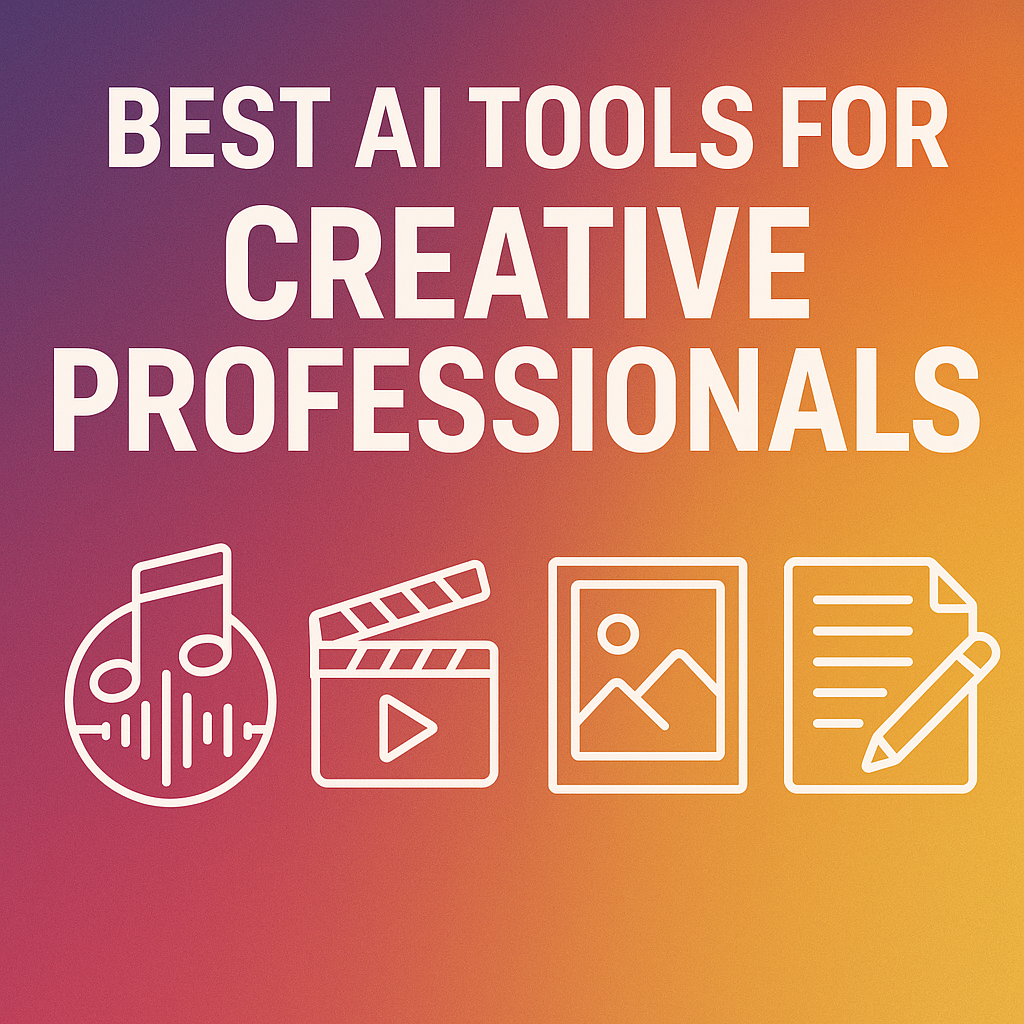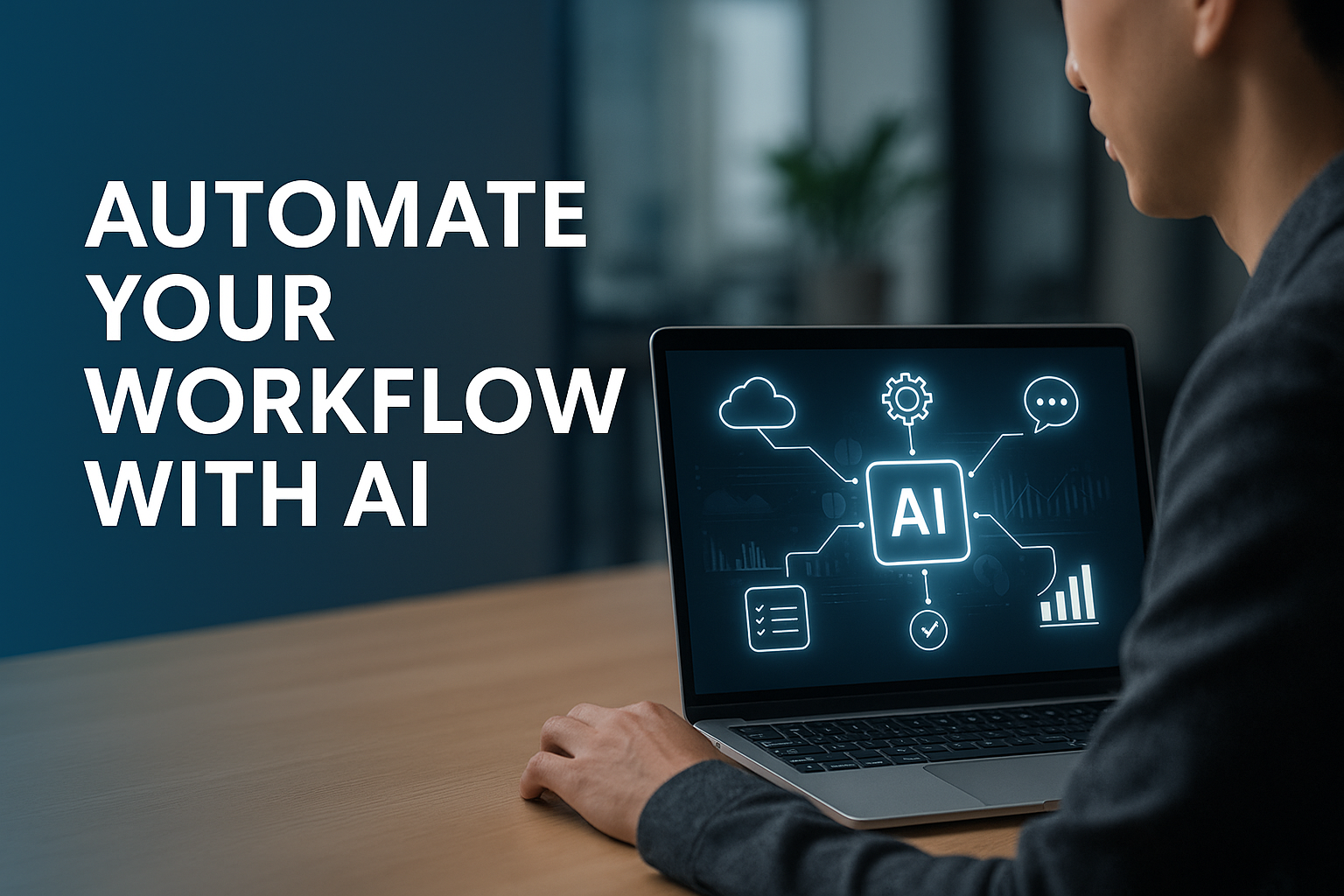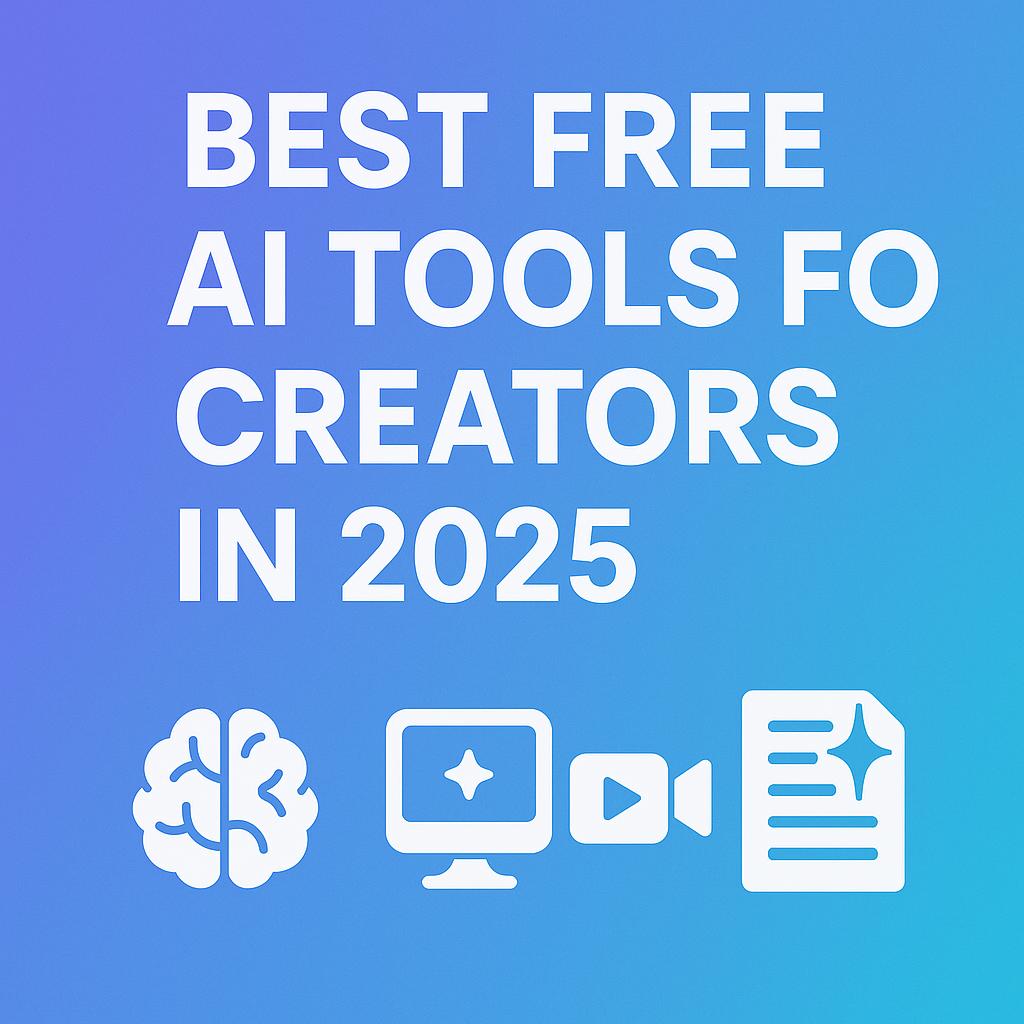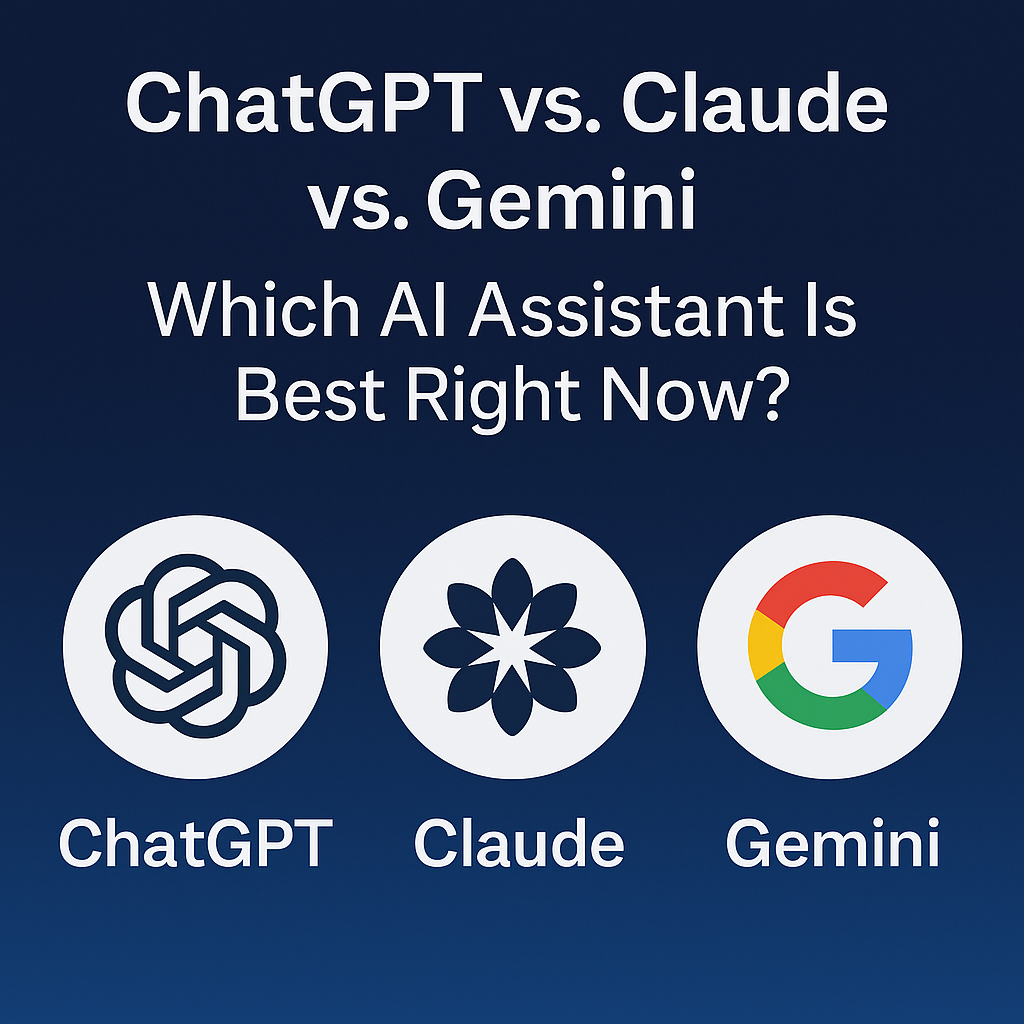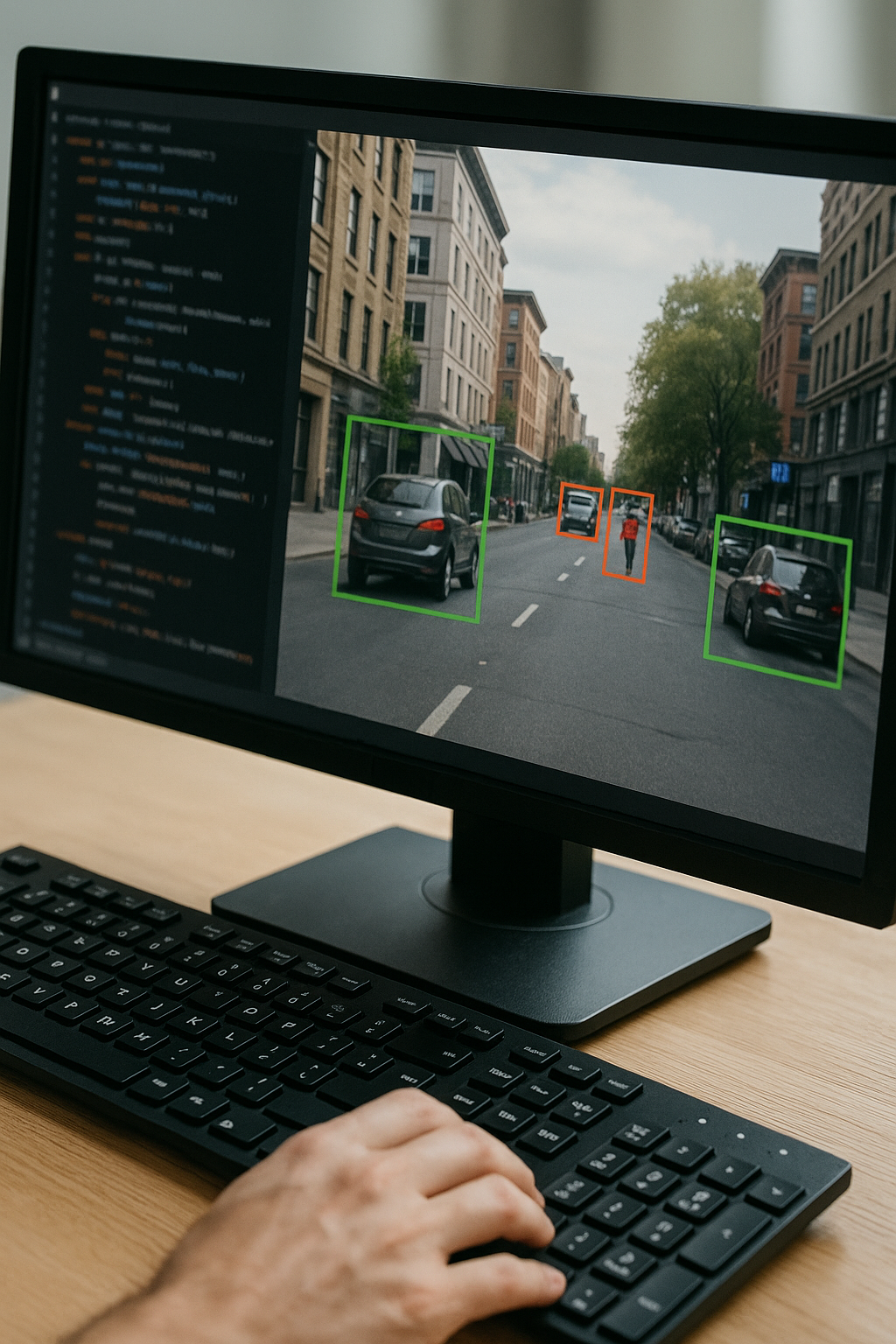Careers in AI
Your Guide to Roles, Specializations, and Skill Development
AI is not just the future—it’s the present. The AI industry is transforming how we live and work, creating countless career opportunities across industries. From healthcare to entertainment, AI is revolutionizing the way businesses operate and consumers interact with technology. For those considering a career in this fast-growing field, the possibilities are as exciting as they are diverse.
In this blog, we’ll dive deep into the varied roles within AI, from technical positions like machine learning engineers to critical ethical oversight roles like AI ethicists. We’ll also cover the skills and educational paths needed to succeed, along with tips for getting started in this dynamic field.
Why Choose a Career in AI?
AI offers a unique combination of high demand, lucrative salaries, and the chance to work on cutting-edge technologies that shape the world. LinkedIn’s Emerging Jobs Report lists roles like AI specialist and data scientist as among the fastest-growing globally. According to the World Economic Forum, AI-related roles will create 97 million jobs worldwide by 2025.
Key Advantages of AI Careers:
- Job Security: The rapid growth of AI adoption ensures a strong demand for skilled professionals.
- Impactful Work: From healthcare to sustainability, AI professionals solve real-world problems.
- Flexibility: Roles in AI range from deeply technical (e.g., algorithm development) to strategic (e.g., project management).
- Opportunities for Growth: AI is still evolving, offering professionals the chance to shape its future.
The Most In-Demand Roles in AI
AI encompasses a broad range of disciplines, each catering to different interests and skills. Here’s an overview of the most in-demand roles:
1. Data Scientist
Data scientists are the architects of AI projects. They collect, clean, and analyze data to uncover insights that drive AI models.
Responsibilities:
- Designing data pipelines to process vast datasets.
- Building predictive models to inform decision-making.
- Visualizing data to communicate insights effectively.
Skills Needed:
- Programming: Python, R, SQL.
- Data manipulation: Pandas, NumPy.
- Visualization: Tableau, Matplotlib.
- Mathematics: Linear algebra, statistics.
How to Get Started:
- Obtain a bachelor’s degree in computer science, mathematics, or data science.
- Build a portfolio of data analysis projects on platforms like GitHub.
- Earn certifications like IBM’s Data Science Professional Certificate or Google’s Data Analytics Certificate.
2. Machine Learning Engineer
Machine learning engineers develop algorithms that allow computers to learn from data and make decisions.
Responsibilities:
- Designing and deploying machine learning models.
- Training models with vast datasets to improve accuracy.
- Optimizing algorithms for scalability and efficiency.
Skills Needed:
- Advanced programming: Python, Java, C++.
- Machine learning frameworks: TensorFlow, PyTorch.
- Knowledge of big data tools: Hadoop, Spark.
- Strong grasp of algorithms and data structures.
How to Get Started:
- Study computer science or electrical engineering.
- Participate in machine learning competitions like Kaggle.
- Complete advanced courses, such as Stanford’s Machine Learning or Udacity’s Machine Learning Engineer Nanodegree.
3. AI Research Scientist
AI research scientists push the boundaries of AI by developing innovative techniques and algorithms.
Responsibilities:
- Conducting groundbreaking research in areas like deep learning, computer vision, and natural language processing (NLP).
- Publishing findings in academic journals and conferences.
- Collaborating with industry professionals to apply research to real-world problems.
Skills Needed:
- Expertise in mathematics: calculus, linear algebra, probability.
- Deep knowledge of AI frameworks and programming.
- Strong writing and presentation skills for publishing research.
How to Get Started:
- Pursue a master’s or Ph.D. in AI, machine learning, or a related field.
- Gain research experience through internships or assistantships.
- Stay updated on the latest research by reading papers on platforms like arXiv.
4. AI Ethicist
AI ethicists ensure that AI systems are designed and deployed responsibly, addressing issues like bias, privacy, and transparency.
Responsibilities:
- Evaluating AI models for ethical concerns, such as bias and discrimination.
- Developing guidelines for ethical AI usage.
- Advising organizations on the societal impacts of AI systems.
Skills Needed:
- Knowledge of AI technologies and their applications.
- Strong understanding of ethical frameworks.
- Policy development and stakeholder communication skills.
How to Get Started:
- Study ethics, philosophy, or law, with supplementary coursework in AI.
- Build expertise in AI technologies through certifications or online courses.
- Join interdisciplinary projects that explore the societal implications of AI.
5. NLP Engineer
Natural Language Processing (NLP) engineers create systems that enable machines to understand and process human language.
Responsibilities:
- Developing chatbots, virtual assistants, and language translation tools.
- Training models on large text datasets.
- Optimizing models for tasks like sentiment analysis and keyword extraction.
Skills Needed:
- Proficiency in linguistics and programming.
- Familiarity with NLP libraries like spaCy, NLTK, or Hugging Face.
- Strong understanding of machine learning algorithms.
How to Get Started:
- Study computer science or computational linguistics.
- Work on NLP-focused projects like building a chatbot or text classifier.
- Participate in NLP competitions on platforms like Kaggle.

Educational Paths for AI Careers
1. Formal Education
While many AI roles require at least a bachelor’s degree, advanced roles often demand further specialization:
- Bachelor’s Degrees: Computer science, data science, mathematics, or engineering.
- Master’s/Ph.D.: For roles like AI research scientist, advanced degrees in machine learning or AI are essential.
2. Online Courses and Certifications
For those without formal education in AI, online certifications can bridge the gap. Some popular options include:
- Coursera: Offers courses like Andrew Ng’s Machine Learning and IBM’s AI Engineering.
- Udacity: Nanodegrees in machine learning and artificial intelligence.
- edX: Provides programs from top universities like Harvard and MIT.
3. Self-Study and Projects
Practical experience is just as important as formal training:
- Build a portfolio of projects on platforms like GitHub.
- Participate in competitions on Kaggle or DrivenData.
- Experiment with open-source AI tools like OpenCV or TensorFlow.
Emerging Trends in AI Careers
As AI evolves, new roles and specializations are emerging:
- Explainable AI (XAI) Specialists: Focused on making AI models more transparent and interpretable.
- AI in Healthcare: Developing tools for diagnostics, drug discovery, and personalized medicine.
- Green AI: Creating energy-efficient AI systems to reduce environmental impact.
Opportunities for Businesses: Organizations investing in AI talent can stay competitive, improve efficiency, and drive innovation.
How to Break into AI: A Step-by-Step Guide
- Identify Your Interests: Decide which aspect of AI—data science, engineering, or ethics—aligns with your strengths and passions.
- Learn the Fundamentals: Build a strong foundation in programming, mathematics, and statistics.
- Gain Hands-On Experience: Work on projects, contribute to open-source initiatives, or join AI hackathons.
- Network in the Industry: Attend AI conferences, webinars, and meetups to connect with professionals.
- Stay Updated: Follow AI news, research papers, and industry blogs to stay ahead of trends.
Conclusion: Your Future in AI
AI is an exciting, ever-evolving field that offers opportunities for innovation and impact. Whether you’re drawn to technical roles like machine learning engineering or more societal roles like AI ethics, there’s a place for you in this transformative industry.
Stay Updated on AI Careers and Trends
Want to explore more about AI roles, skills, and industry insights? Sign up for our newsletter for expert advice, job market updates, and exclusive tips on building a successful AI career. Join our community of forward-thinkers and stay ahead in the world of AI—subscribe today!
Sign Up For Our Weekly Newsletter and Get Your FREE Ebook " AI For Everyone - Learn the Basics and Embrace the Future"



